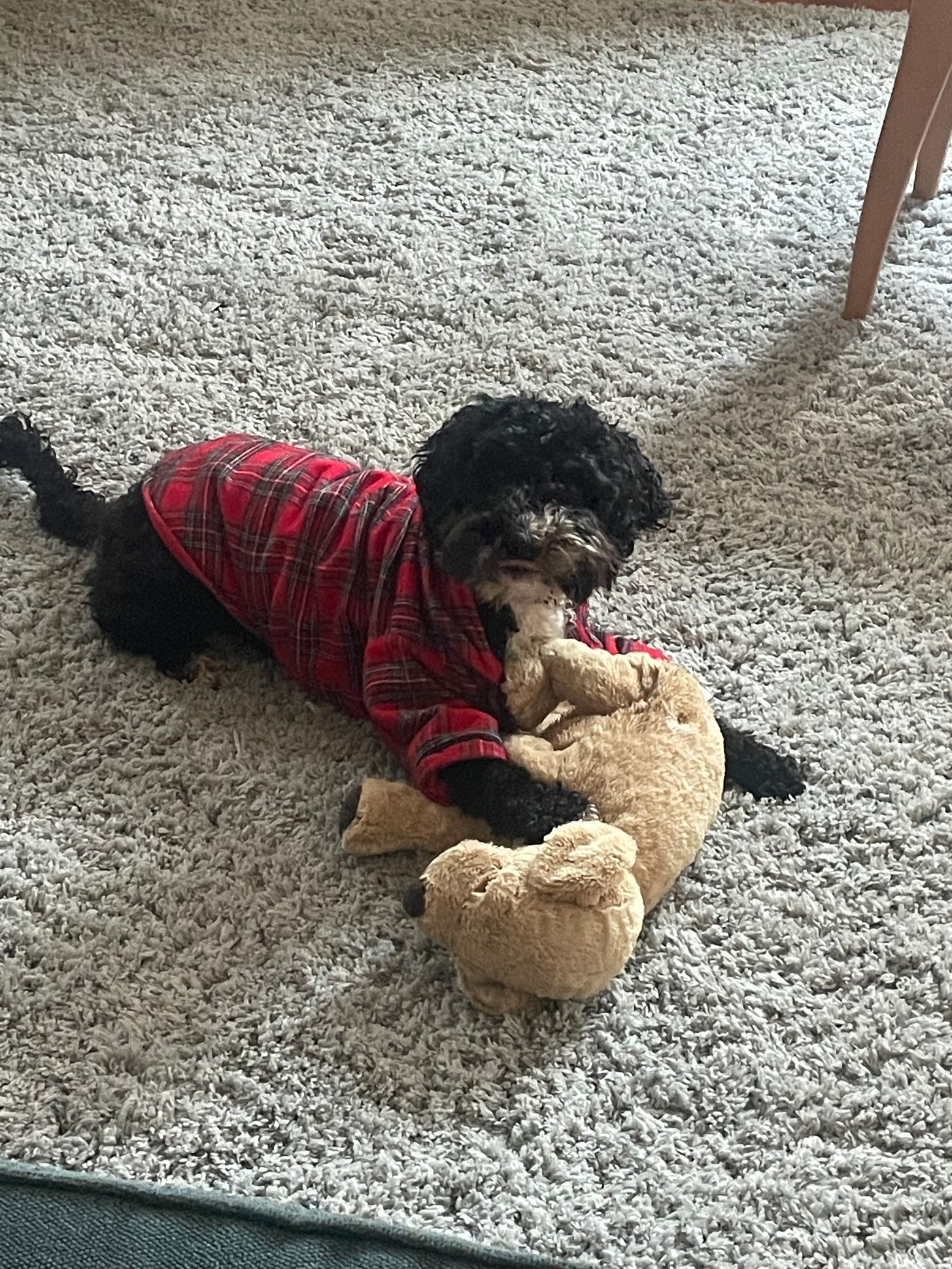One day I would like to run a campaign. I’d like to get written sign-off from my client and go into one of the world’s top advertising agencies with a blank cheque. I’d like to sit down and ask them for support on a series of TV adverts, out of home advertising, tube adverts and a couple of those annoying double page spreads that fall out of newspapers when you open them. I’m talking about going ALL out.
In comms, you’re told that campaigns work well if people can identify with your product or idea. What’s key is not actually a catchy song or a sweet dog wearing pyjamas, but it’s the audience. If your idea doesn’t resonate with them, then you might as well hang up your boots now. And yet this idea is rarely explored or thought through in climate change comms. Products, businesses and organisations are so afraid of turning consumers off and losing customers that they adopt a softly softly approach when it comes to climate communications.
“Willy the whale is sad because of climate change,” go so many adverts. “But because TIDL supermarket TM has committed to a net zero pathway, Willy will now have a better and freer life.” The viewer of this (fake) saccherine advert leaves feeling satisfied that Willy is alive and well (rather than thrashing around caught in deep sea trawling nets in the North Sea) and that TIDL supermarket TM has got climate change in hand.
Having the confidence to shock the consumer is important. Confidence to shock us all out of our cosy, safe mindsets is critical. “We don’t want to upset anyone,” say every marketing department. We don’t want to associate our brand with a negative image. And that’s the issue.
The latest Edelman Trust Barometer report shows that people trust their own CEO more than a journalist. In some cases this may be fair, but the reality is - your CEO has their bonus and their shareholders front of mind. She will do and say what is needed publicly to boost shares and build confidence in the brand. That is her job, and if she’s doing that, then she’s doing her job well.
If you want balanced information about the world, your CEO is the last person to look towards. In this crazy world, it makes sense that your CEO, who is primed and prepped by crack internal comms teams, will be saying things you want to hear, beautifully written and communicated. They will not be saying that their product or service is a menace to the planet, that we should all stop driving the cars your company produces.
That’s why I’ll never be handed that blank cheque. The only people who have the sort of money for such an impactful campaign have a very specific agenda, and that’s fine. But we need to start applying traditional advertising techniques to climate change campaigns. And here’s why.
Below are three examples taken from today’s news (July 7th 2023). They were taken at random from a social feed and the front page of the Guardian.
Climate change in these extracts is treated like Bane. A shadowy super-villain who lurks in the shadows. Ed from accounts who takes six long-haul flights a year and collects vintage motorcycles is never mentioned. Bill who heads up the extraction division at a global oil corporate and signs off on new sites to dig out oil is not in this headline.
Othering ‘climate change’, or even the more acceptable ‘climate crisis’ does not work. I read these headlines and my initial thought is “oh no, climate change, what have you done this time?” and scroll down to check what’s happening in the tennis. These are issues of giant, significant, huge magnitude. They are life altering, terrifying, awful situations. And we do not want to hear it. We do not want to listen. And we are happy for it to be lumped together as ‘climate change did this like a naughty boy’.
Climate campaigns need to get to the point. We need to understand responsibility for better. We need, as people, humans, earth dwellers, and people who want a future, need to understand what climate change is and who is responsible. Coupled with action points. I don’t want to watch a nice, pat-on-the-back video about TIDL and their sea life antics. I want a campaign where 10 people, companies and organisations are flagged in case studies and we see the true significance of their choices. So what if it offends people? There will be no-one left to offend if we don’t change our practices.

So, if it helps further my cause, I’m happy to be the first case study for this blank-cheque campaign. Here goes.
The video centres on me in the morning in my apartment. I take some plastic wrapping off my yoghurt pot and chuck it into a bag full of mixed waste. I rarely recycle. The film cuts to a dolphin choking on my plastic yoghurt pot in the sea weeks later in pain.
Next shot: I don’t cycle to work because it’s raining, so I take the bus. The bus belches out noxious gases. A child walking to school grabs her throat and has an asthma attack. The bus company should have bought a fleet of electric buses instead but instead it scrimped on investment.
We need to know what we can do. We need to centre ourselves in the climate crisis. We are the villain. There is free will. There is no invisible hand controlling the weather. We are the ones pressing the buttons, driving the diggers and switching on the air con units.
We’ll feel shit, we’ll feel guilt, but maybe we’ll be shocked enough to act.
So hand me the chequebook, and I’ll go first.







